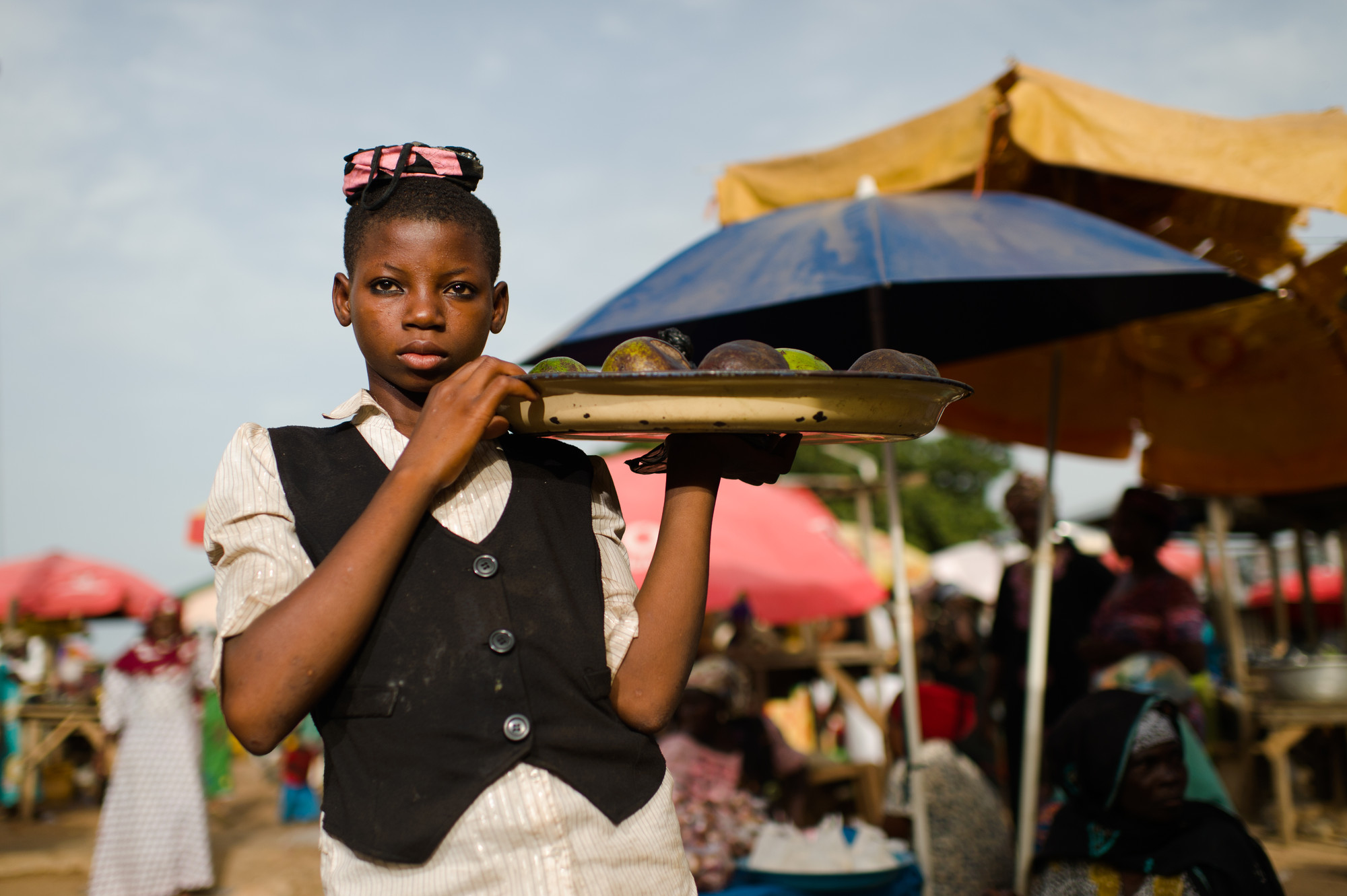Africa, (Parliament Politics Magazine) – The breadbasket of the world – abundantly filled by Russia and Ukraine, is now on the verge of crumbs and disintegration.
The war and conflict between Russia and Ukraine have not only impacted the two conflicting countries, but also security on a global scale. Specifically, food security. South Africa, North Africa, Nigeria, Ethiopia, and Sudan import 80% of their wheat. 63.4 percent of a predicted wheat consumption of 76.5 million tons is estimated to be imported into these African countries. Africa’s reliance on Russia and Ukraine for wheat is therefore paramount.
However, the sanctions that have been imposed on Russia from a global perspective has resulted in numerous ports being closed. Specific port operations, such as those located in the Black Sea were vital in the importation of wheat into Africa. Given that Africa doesn’t produce nearly enough wheat to sufficiently provide for its people, this poses a threat to an increase in the hunger crisis throughout Africa.
Additionally, Russia is one of the world’s biggest exporters of fertilizers. Even if Africa were to implement and invest in producing wheat and generating crop to combat the lack of wheat importation, they may not successfully be able to do so without sufficient fertilizers. Again, the sanctions placed on Russia and its exportation of fertilizer has an impact on the effectiveness of growing quality crops and wheat in Africa. Africa is caught between being unable to import and unable to effectively produce on a mass scale. Even though Africa may be able to import wheat from other worldwide producers, if those producers no longer have the fertilizer needed to produce their crops, then they too cannot export wheat on a global scale. Resulting in global food insecurity. Food scarcity and insecurity is not a new phenomenon within Africa. However, with even more pressure mounting and an increasing lack of resources, the people of Africa are in dire need for consistent wheat supply.
Part of Russia’s repertoire is that they claim the title of the world’s third-largest oil producer aside from the United States and Saudi Arabia. Again, given the sanctions against Russia affecting oil imports and exports, a disruption in oil prices ensued. The result of this fluctuation in oil prices is that the cost of food production increases. Food price increase, not only within Africa, but also worldwide can be seen. Specifically, with regards to the increase in the average food basket price for a July the 4th celebration as opposed to last year’s celebration. In already impoverished countries with high unemployment rates, such as South Africa, an increase in food prices is a phenomenon that the country’s citizens cannot afford.
The Russia and Ukraine crisis has acted as a catalyst for the expansion of Africa’s food basket. The African Union declared in its latest CAADP report that Africa is not going to meet its goal of ending hunger by 2025, due to the deterioration in food security. Upon the discovery of this revelation, the African Union aims to intentionally invest inincreased production of indigenous crops and implement stronger food and health systems. The aim is to combat food scarcity within Africa and reduce Africa’s reliance on imported wheat.


